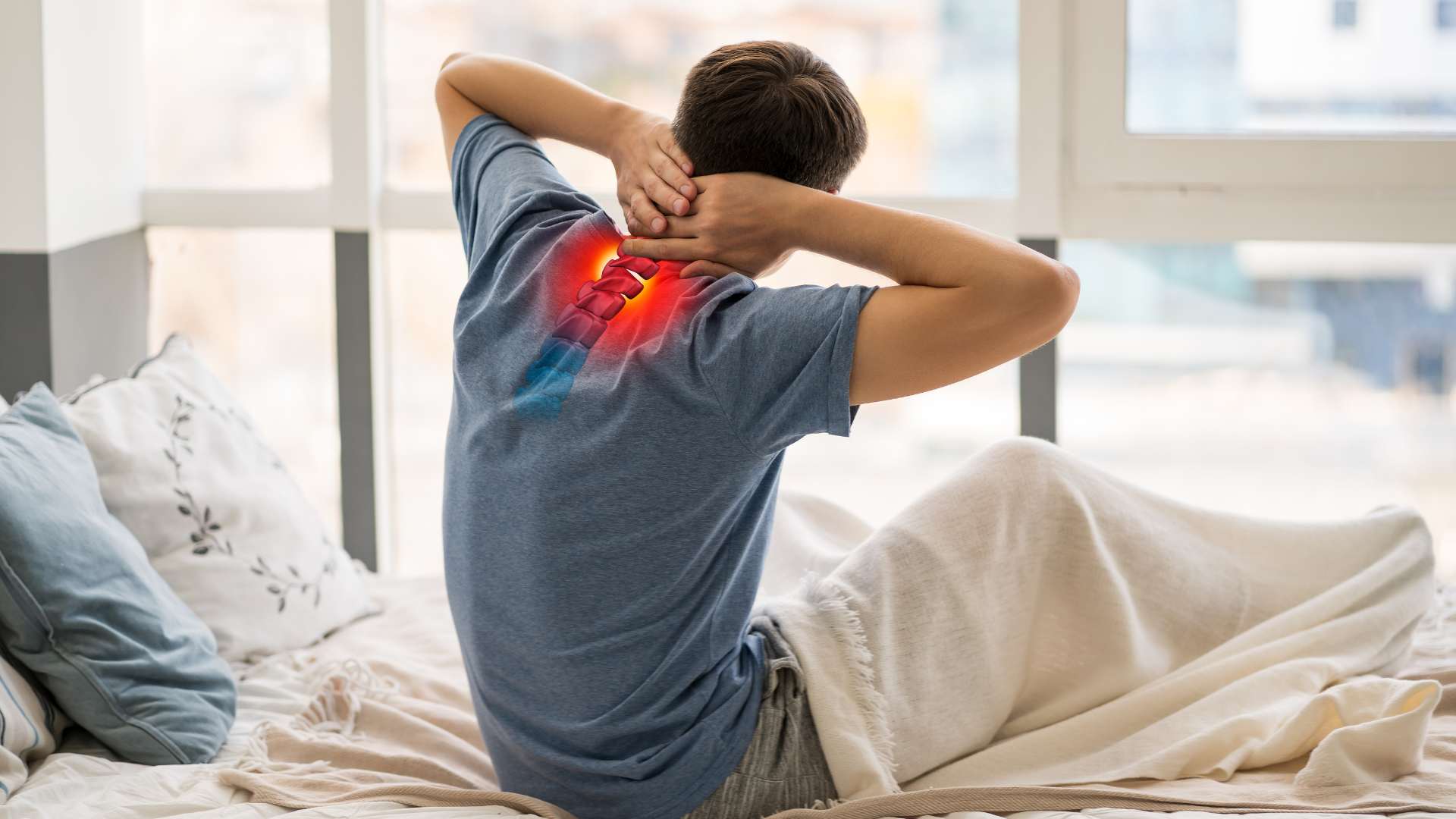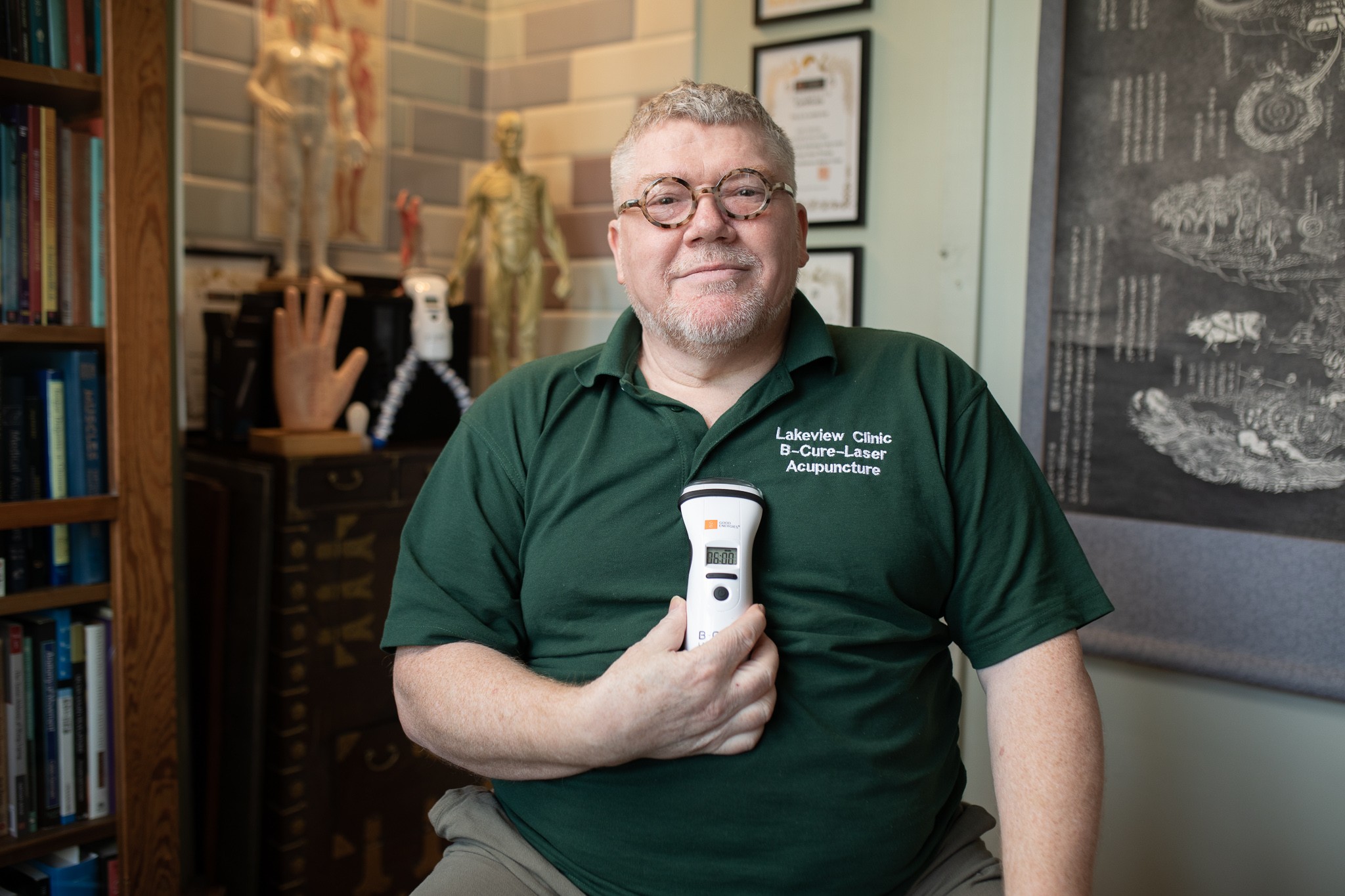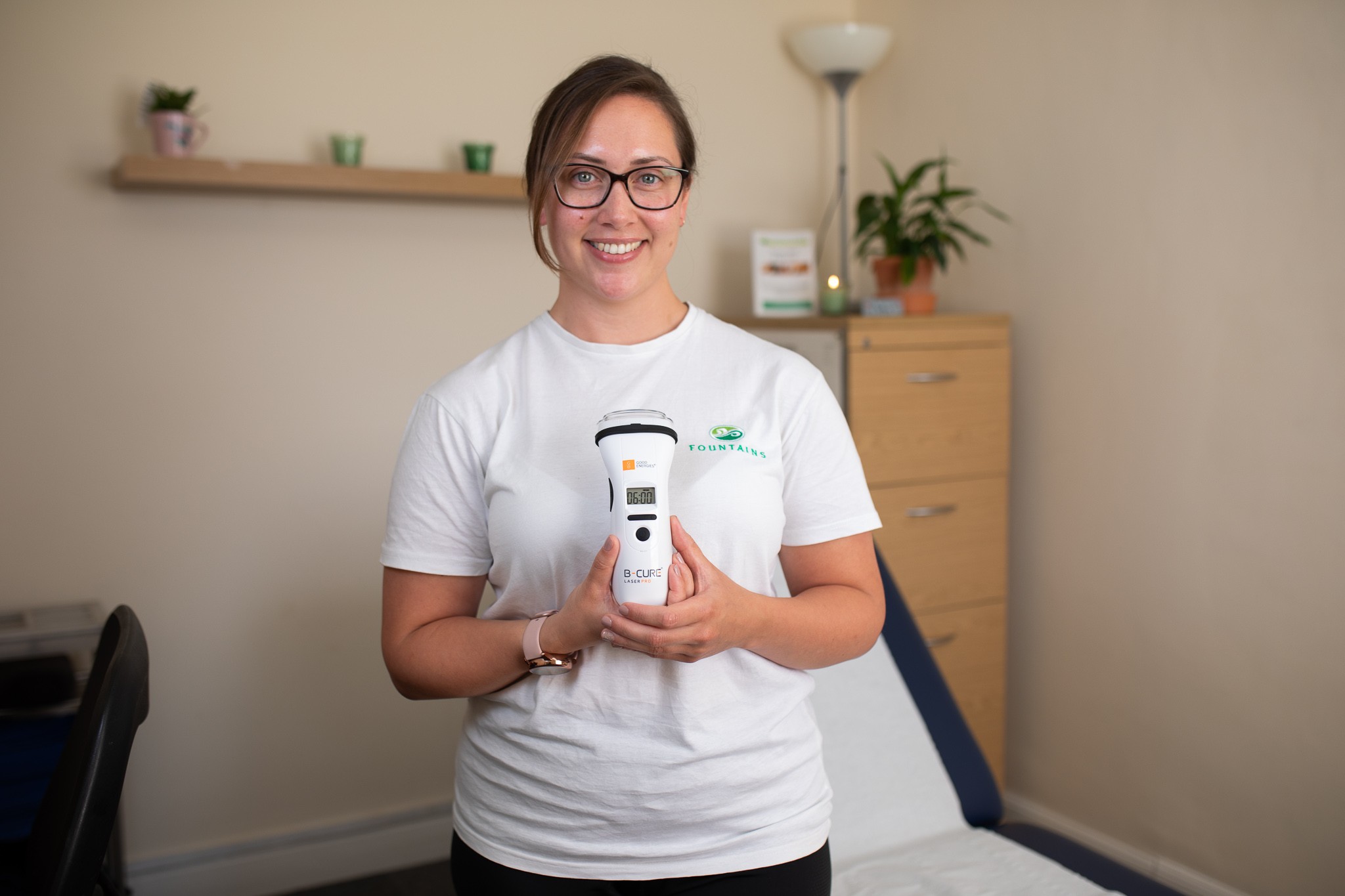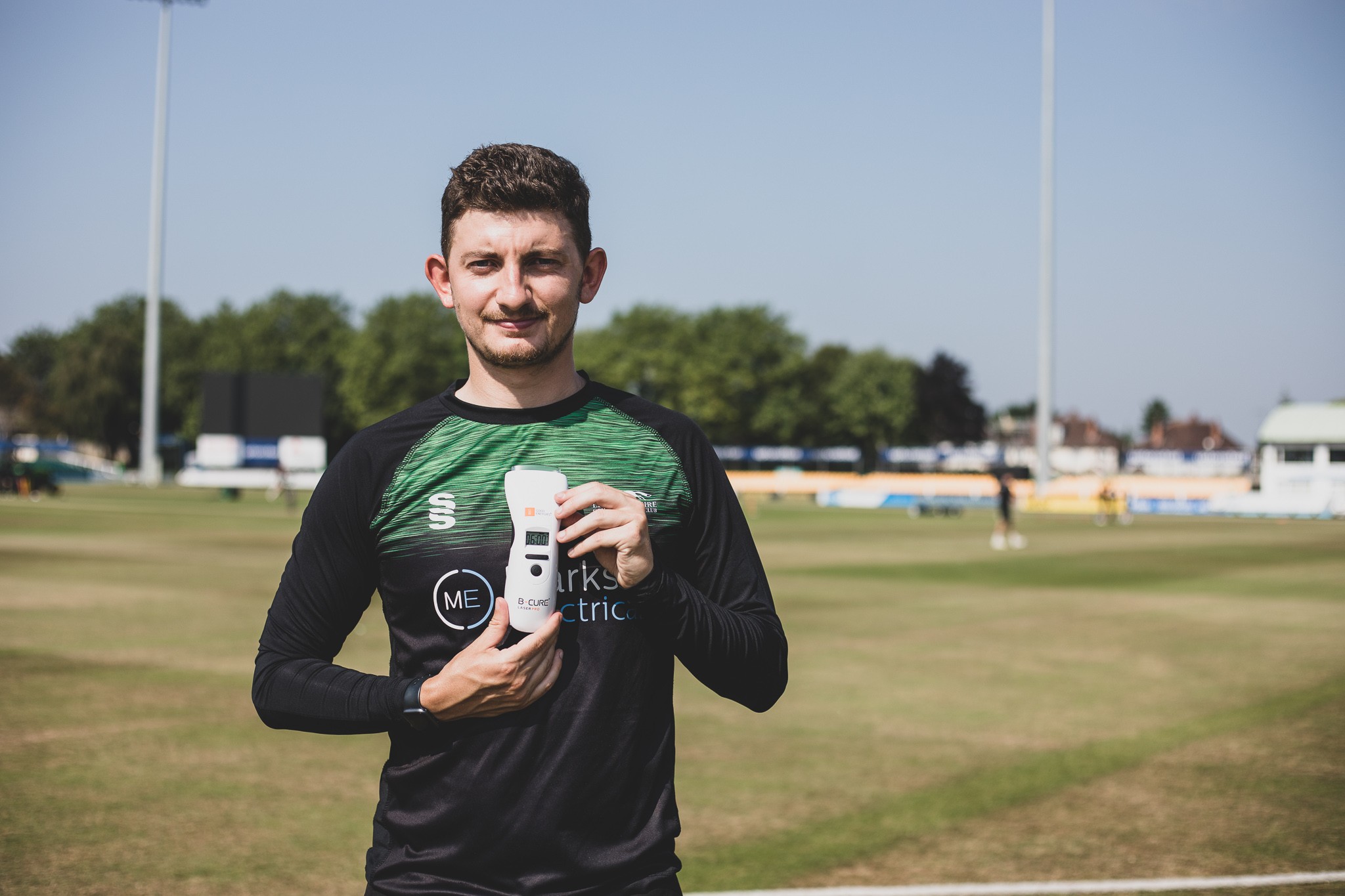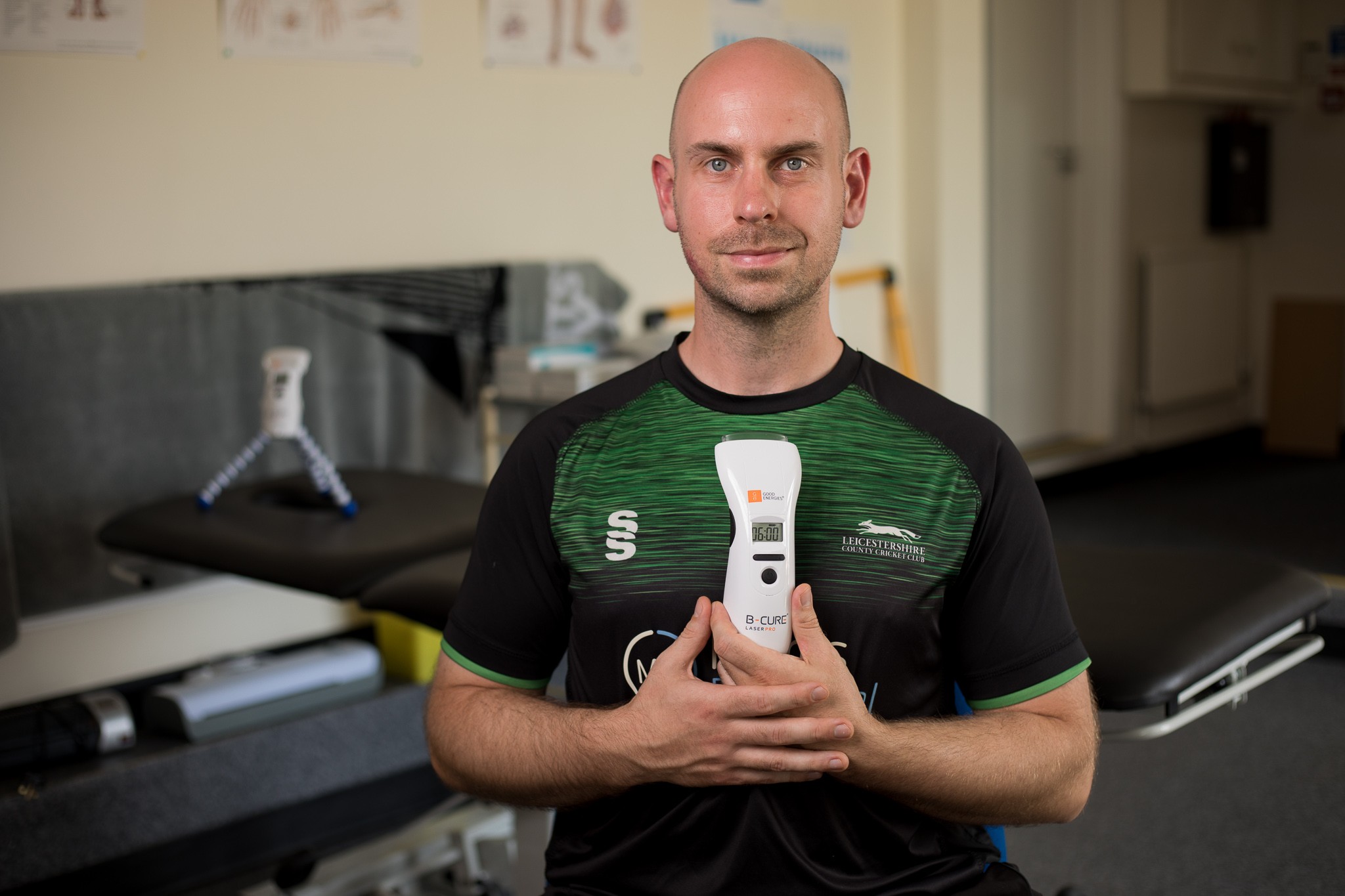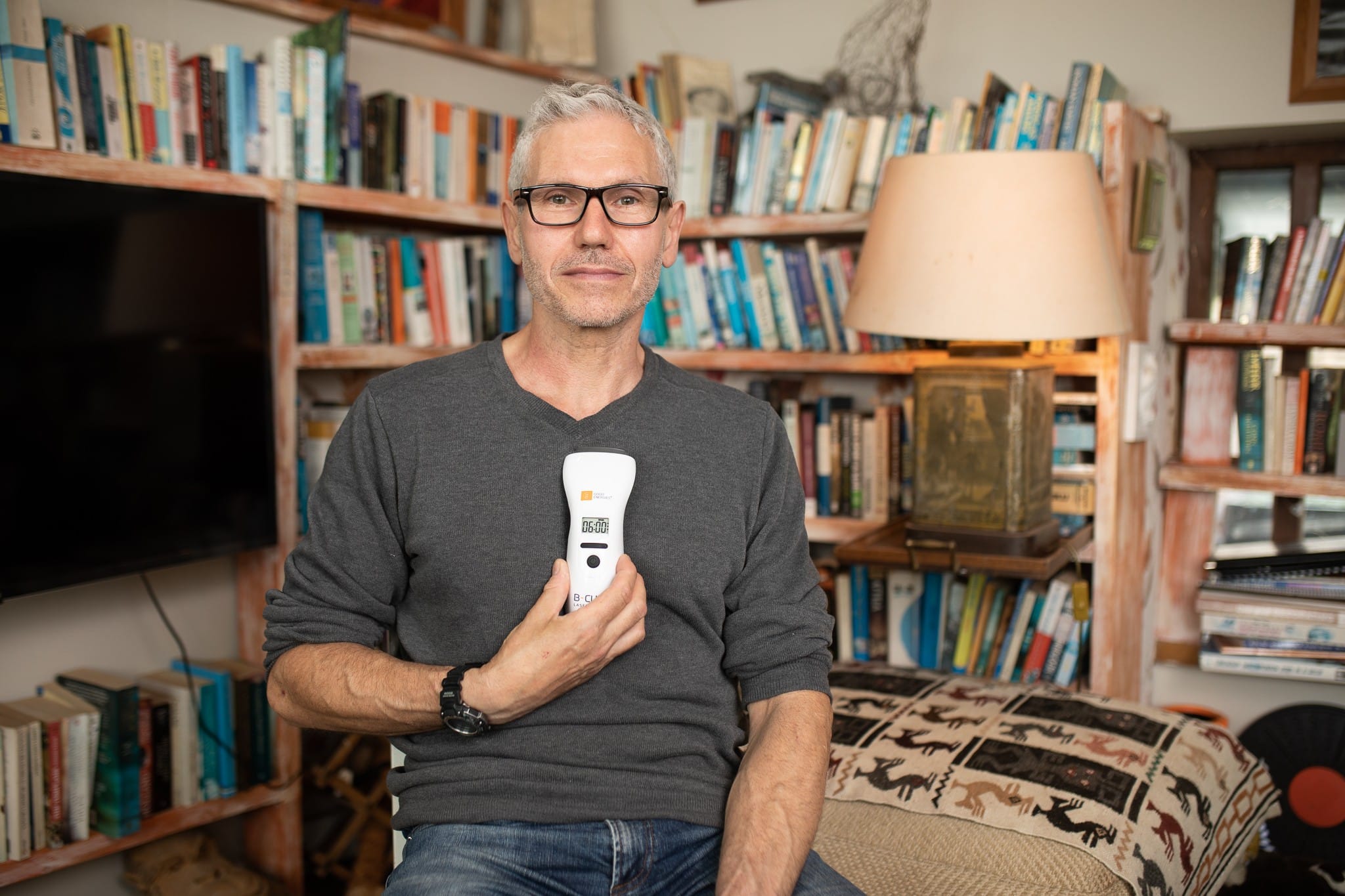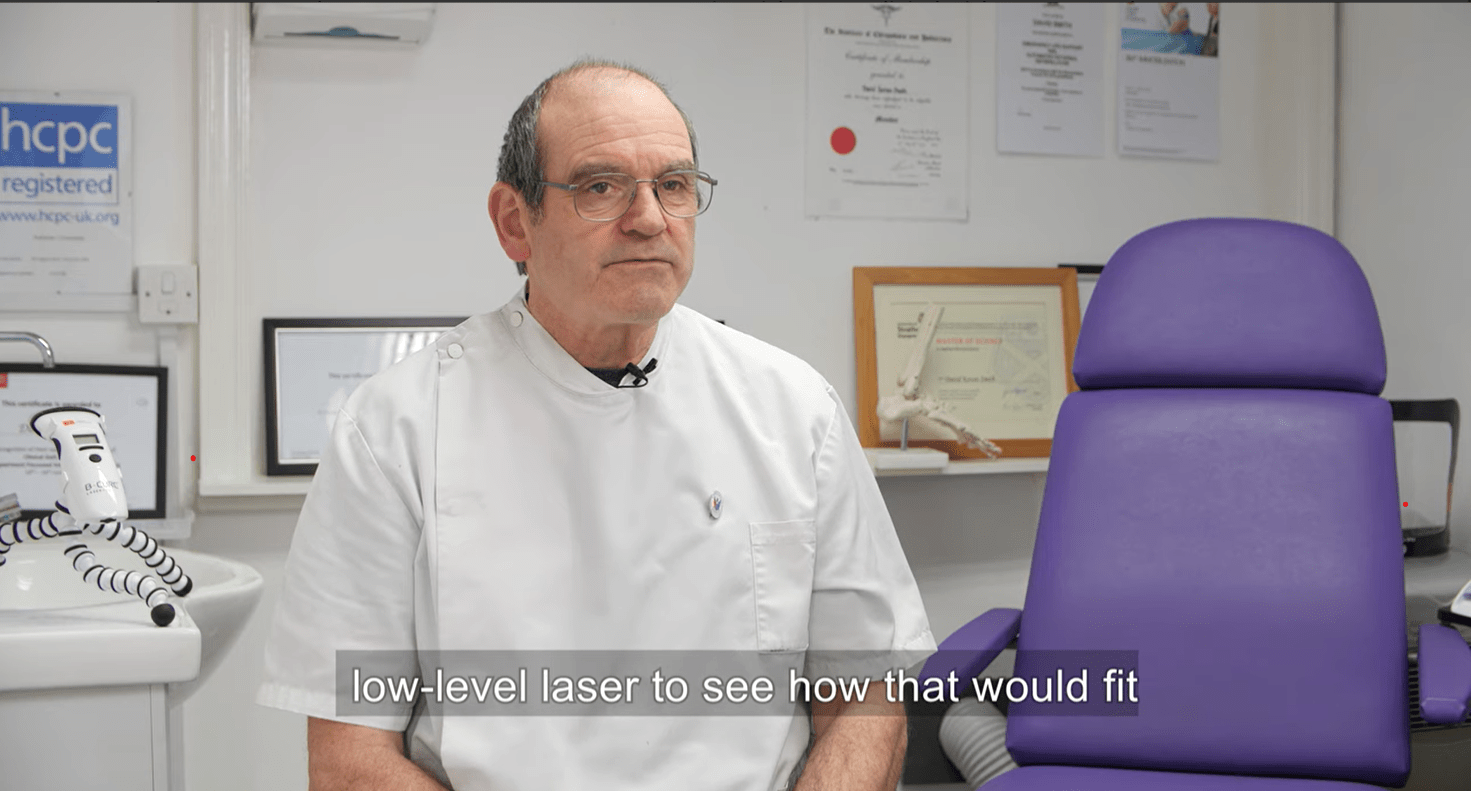Understanding arthritis
Arthritis affects millions of people globally, occurring at any age due to injury or linked with conditions like gout or rheumatoid arthritis.
When we talk about arthritis, we are not talking about a single disease but an umbrella term for numerous conditions affecting joints. The most common types include osteoarthritis, rheumatoid arthritis and psoriatic arthritis. This article aims to shed light on effective coping strategies and lifestyle tips to manage arthritis and improve the quality of life.
Coping strategies
Medication management
In many cases, medications play a pivotal role in managing arthritic symptoms. Nonsteroidal anti-inflammatory drugs (NSAIDs), disease-modifying anti-rheumatic drugs (DMARDs) and analgesics are commonly prescribed. You know your body best and it is important to provide feedback and any concerns you have to your doctor so they can recommend the most effective and suitable medication plan for your specific needs.
Low-level laser therapy
Low-level laser therapy (LLLT) is a non-invasive & medication-free pain-relief treatment that uses low-level laser to stimulate cellular function and promote healing. LLLT has grown in popularity in the UK in the past decade due to its effectiveness in reducing pain in a number of musculoskeletal conditions including arthritis.
Unlike surgical lasers, the laser used in LLLT does not produce heat and is safe for therapeutic use. The low-level laser energy penetrates the skin and is absorbed by cells. This interaction stimulates cellular activity, particularly in the mitochondria, the powerhouse of cells, enhancing the natural healing processes of the body.
If you are interested in LLLT, there are a range of portable products that are safe, side-effect free and suitable for home use. The compact design and portability of B-Cure Laser is perfect for managing the persistent pain of arthritis and allows users to take control of their pain anytime and anywhere.
Physical activity and exercise
Regular activity is a cornerstone of arthritis management. Maintaining regular low-impact activities such as swimming, walking and gentle stretching can help improve joint function and reduce pain.
Weight management
Maintaining a healthy weight is crucial for people with arthritis, especially for those with osteoarthritis. Excess weight places additional stress on joints, exacerbating symptoms.

Adopting a healthy lifestyle
Balanced diet
A nutritious and well-balanced diet can contribute significantly to arthritis management. Include foods rich in omega-3 fatty acids, antioxidants, and vitamins. Consider consulting a nutritionist for personalised dietary advice.
Anti-inflammatory foods
- Fruits and vegetables (especially dark green leafy varieties)
- Nuts and seeds
- Wholegrains (oats, wholemeal bread, pasta and rice)
- Beans, pulses and lentils
- Extra virgin olive oil
- Oily fish (salmon, trout, mackerel, herring)
Foods that trigger inflammation
- Sugar and all other sweeteners including honey, agave and syrups
- Sugary drinks
- Red meat
- Processed meats like ham and bacon
- Refined carbohydrates (white bread, pasta and rice)
- Fried foods
Stress management
Chronic stress can worsen arthritis symptoms. Incorporate stress-reducing activities such as meditation, deep breathing exercises and yoga into your daily routine.
Adequate sleep
Quality sleep is essential for overall health and can positively impact arthritis symptoms. Establish a consistent sleep routine and create a comfortable sleep environment. A bad night’s sleep will mean you wake up already feeling terrible – and that can make your symptoms worse.
Assistive devices and adaptations
Joint protection techniques
Employing assistive devices such as braces, splints and ergonomic tools can provide joint support and reduce strain. Implementing joint protection techniques during daily activities is crucial.
Home modifications
Making subtle modifications to your home can reduce some of the challenges posed by reduced mobility and manual dexterity. Grab rails, ramps and accessible bathing aids can help with day-to-day care, whilst smaller changes could include an easy-to-use electric tin opener or even something as simple as a kettle tipper. Anything that can make your life easier and reduce strain on the affected joints is worthwhile.
Community support and education
Joining support groups
Connecting with others facing similar challenges through support groups such as VersusArthritis can provide emotional support and valuable insights.
Staying Informed
Arthritis management is an evolving field. Stay informed about new treatments, research findings, and lifestyle recommendations by regularly consulting reputable sources and healthcare professionals.
Conclusion
Arthritis is a complex condition; however, by implementing these coping strategies and lifestyle adjustments, you can take charge of your symptoms and minimize pain. It’s essential to consult your doctor regularly and communicate changes about how you feel. Remember, proactive management is key to limiting the impact of arthritis on daily life.


